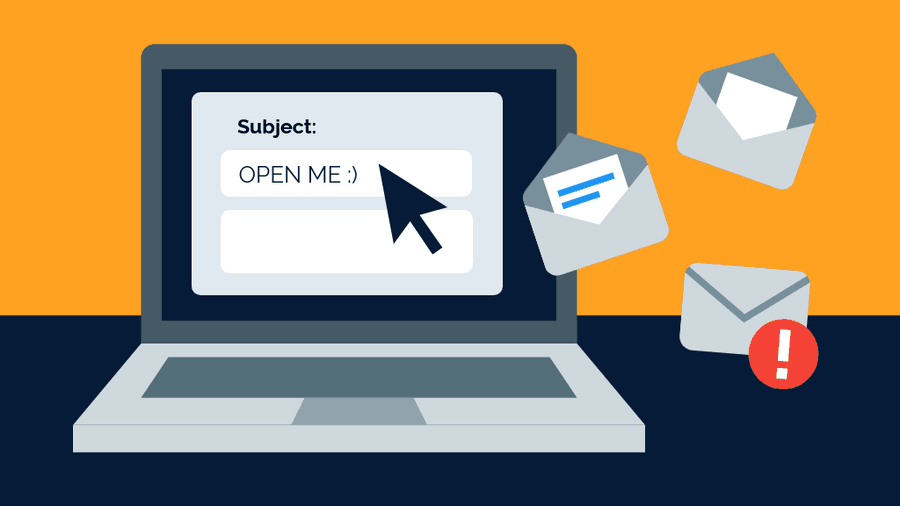Too much noise, too little attention
Nobody wants to read anything you write at work. It's not personal though. We just happen to live in a world where there is so much information asking for our attention.
We can take action and make it easy for our colleagues to read our emails, messages, texts, and memos.
123
398 reads
The idea is part of this collection:
Learn more about communication with this collection
Understanding the psychological rewards of bad habits
Creating new habits to replace old ones
Developing self-discipline
Related collections
Similar ideas to Too much noise, too little attention
Too Much Information, Too Little Attention
Throughout most of human history, access to knowledge was limited. Power equated to how much information you had access to. Kings built great libraries, and texts were rare and valuable things.
Today, however, what was once scarce is abundant. We’re drowning in information. There are more b...
Drowned In Information
Our coworkers are often not able to read or understand our messages due to the sheer barrage of information already trying to get their attention. There are text messages, emails, document updates and other notifications vying for eyeballs and mindshare.
To be successf...
Too Much Information, Too Little Time
While our brain has about a million GB of space, the real limitation or constraint is the time and mental energy. We do not really know how much physical energy we require just to do some mental work.
We need to focus on selective information, actively dec...
Read & Learn
20x Faster
without
deepstash
with
deepstash
with
deepstash
Personalized microlearning
—
100+ Learning Journeys
—
Access to 200,000+ ideas
—
Access to the mobile app
—
Unlimited idea saving
—
—
Unlimited history
—
—
Unlimited listening to ideas
—
—
Downloading & offline access
—
—
Supercharge your mind with one idea per day
Enter your email and spend 1 minute every day to learn something new.
I agree to receive email updates


